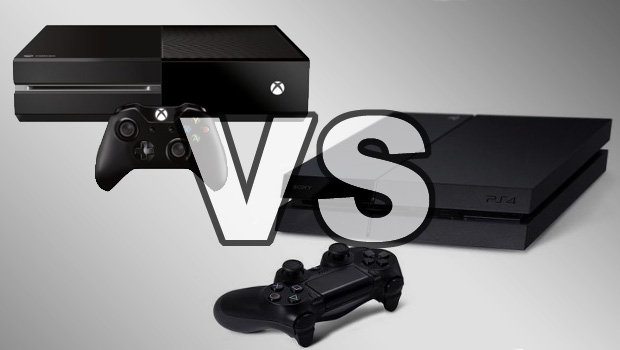Has Microsoft done enough to lure indie developers to the Xbox One?
 Any time a new game console is revealed, the spotlight is invariably turned toward the biggest and loudest AAA-caliber games that will accompany the console at launch and beyond. Last month’s release of the Xbox One was no exception. Assassin’s Creed IV: Black Flag, Dead Rising 3, and Battlefield 4 have taken top billing in conversations about Microsoft’s new console. However, we shouldn’t forget the many great indie developers that have helped to make the Xbox Live Marketplace the veritable treasure trove it’s become.
Any time a new game console is revealed, the spotlight is invariably turned toward the biggest and loudest AAA-caliber games that will accompany the console at launch and beyond. Last month’s release of the Xbox One was no exception. Assassin’s Creed IV: Black Flag, Dead Rising 3, and Battlefield 4 have taken top billing in conversations about Microsoft’s new console. However, we shouldn’t forget the many great indie developers that have helped to make the Xbox Live Marketplace the veritable treasure trove it’s become.
A strong precedent
The last console generation, the Xbox 360, was home to some truly great indie games, including Cthulhu Saves the World, Escape Goat, Braid> and Limbo. These aren’t necessarily Xbox exclusives, but the fact that they call the Xbox 360 home has been an encouraging sign that Microsoft will continue courting indie game developers on the Xbox One. Even so, public opinion seems to favor Sony’s PlayStation 4 as the best console for indie developers. Given that, what can Microsoft do to win back the love of indies? It may already be on the right track.
Stay tuned in 2014
As of right now, the best estimates say that the first wave of indie games will arrive on the Xbox One in early 2014. Microsoft reportedly has 32 different studios hard at work on indie games destined for the new console. This is possible thanks to a program called ID@Xbox, which will allow “qualified game developers” to self-publish their games on Xbox One. Microsoft says that it will be individually evaluating each applicant, but as of right now it says that it’s targeting developers who have a “proven track record” of shipping quality games. It’s the “proven track record” bit that might have some inexperienced, but no-less-talented, developers a little nervous about targeting the Xbox One for the release of their games. This is either going to be a hugely important step toward maintaining a certain standard of quality or an overly harsh policy that could leave the smaller developers in the lurch. One more possible point of concern: while Microsoft does not currently require indie games to be Xbox-exclusive, it is insisting that indie games at least launch on Xbox One concurrently with other platforms.
What can Microsoft learn from PC gaming? 
This is no place to get into the PC versus Xbox gaming debate, but let’s take a beat to acknowledge something that PC gaming definitely gets right: indie games. PC gamers have access to a huge number of indie games, available through digital distribution platforms like Steam, as well as directly from the developers. To entice indie developers to release their games on Steam, Valve took the novel approach of including the Steam community in the indie development process. Using Steam Greenlight, Steam users can take a look at indie games currently in development and vote on which ones they’d be most likely to buy. This has been a big help for the developers behind highly anticipated games like SuperHot, Stasis and The Mandate. It’s also a good way for the smaller, more easily overlooked developers to get some time in the spotlight. It would be great if Microsoft opened up its indie development process for the community to take part in, just as Valve has done.
Microsoft is on the right track
While it’s too early to judge Microsoft’s indie development program fully, the console holder is definitely on the right track. Through its ID@Xbox program, Microsoft has essentially made its Xbox development tools available to anyone who owns the console. So far, Microsoft is doing a great job of reminding us that it’s committed to releasing games from studios that have big ideas and small budgets.

